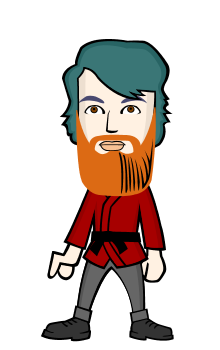After the war, Althusser was able finally to attend ENS.[2] However, he was in poor health, both mentally and physically. In 1947 he received electroconvulsive therapy.
Althusser would from this point suffer from periodic mental illness for the rest of his life. The ENS was sympathetic, however, allowing him to reside in his own room in the school infirmary. Althusser lived at the ENS in the Rue d'Ulm for decades, except for periods of hospitalization.
Post-war[edit]
In 1946, Althusser met Hélène Rytman, a revolutionary of Lithuanian-Jewish origin and eight years his senior. They began a relationship. [2]
Formerly a devout if left-wing Catholic, Althusser joined the French Communist Party (PCF) in 1948,[2] a time when others such as Maurice Merleau-Pontywere losing sympathy for the party. That same year, Althusser passed the agrégation in philosophy with a dissertation on Hegel, which allowed him to become a tutor at the ENS.[2]
De-Stalinisation[edit]
With the Twentieth Party Congress in 1956, Nikita Khrushchev began the process of "de-Stalinisation". For many Marxists — including the PCF's leading theoretician Roger Garaudy and the pre-eminent existentialist Jean-Paul Sartre — this meant the recovery of the humanist roots of Marx's thought, and the opening of a dialogue between Marxists and moderate socialists, existentialists, and Christians.[3] Althusser, however, opposed this trend, proffering a "theoretical anti-humanism" and sympathising with the criticisms made by the Communist Party of China, albeit cautiously. He was careful not to identify with Maoism. His stance during this period earned him notoriety within the PCF, and he was attacked by its secretary-general Waldeck Rochet. As aphilosopher he was treading another path, which would later lead him to "aleatory materialism"; however, this did not stop him from defending Marxist orthodox thought in relation to his own position and work, such as in his 1973 reply to John Lewis.
Despite the involvement of many of his students in the events of May 1968, Althusser initially greeted these developments with silence.[2] He was later to express an opinion similar to the official PCF line, describing the students as victim to "infantile" leftism. As a result, Althusser was attacked by many former supporters.[2] In response to these criticisms, he revised some of his positions, claiming that his earlier writings contained mistakes, and a significant shift in emphasis was seen in his later works.[citation needed]



